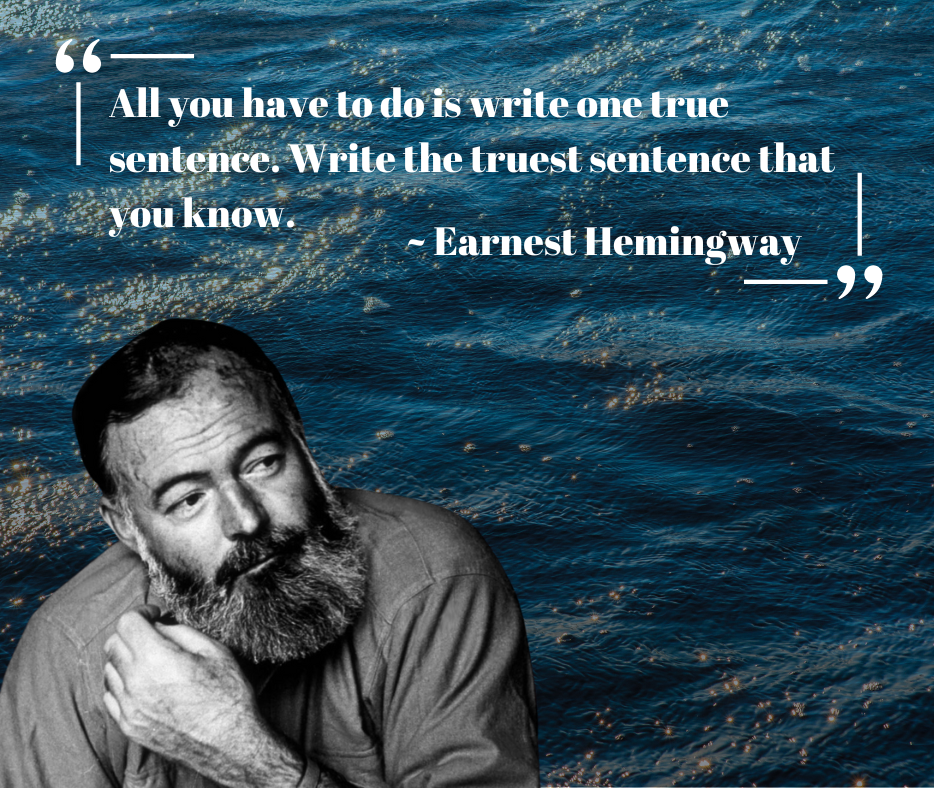It hits you like lightning – the perfect idea! You practically knock over your coffee rushing to capture it. You fire up your writing program and… POOF! That blank white screen stares back at you, and your brilliant idea vanishes into thin air.
Sound familiar? Been there, done that, got the t-shirt – which, ironically, is just as blank as that damned screen. Writer’s block. You’d think by now they’d have invented a cure – some magic pill or questionably-flavored elixir that instantly transforms us into the literary geniuses we know we are. While that miracle cure might not be in our immediate future, the struggle is all too real.

Here’s the thing about inspiration: it doesn’t punch a timecard. Sometimes our brains simply declare, “Not today!” accompanied by what you swear is an evil laugh emanating from that white screen that’s currently holding your creativity hostage. Writer’s block has driven authors to madness, to drink, to the depths of despair, and – perhaps most desperately – to cleaning the house just to avoid facing it.
Even Hemingway wasn’t immune. He’d stand before his manual typewriter for hours, locked in a silent standoff. I’ve stared at my screen so long the whiteness gave me headaches. But there’s a trick to it – and yes, there really is one. You have to face the block head-on and refuse to let it win. Sure, easier said than done, since we all think and find motivation differently. My strategy? I step away. Whether for a few minutes or a few days, when my writing and I reach an impasse, I give our relationship some space rather than call it quits.
Today, I revisited every blog post and story story I’d ever written. Some sparked proud “aha!” moments where my creativity shone through. Others… well, let’s just say they weren’t my finest work. But here’s what matters: they existed. I wrote something. Maybe that’s the real secret. If all you can manage is “This is Spot. See Spot run,” then write it. Who knows? It might evolve into “See Spot jump the fence. Spot, leave that dog alone! sigh This is Spot. These are Spot’s puppies. See Spot’s puppies run.”

When it comes right down to it, writing can feel impossible when you’re staring at a blank page. Whether you’re working on a novel, blog post, or business report, writer’s block can strike at any moment. Here are proven strategies to get your creativity flowing again.
Change Your Environment
Sometimes a fresh perspective requires a literal change of scenery. Pack up your laptop and head to a cafe, library, or park. The new environment can stimulate different thought patterns and break you out of your mental rut. Even moving to a different room in your house or to the front porch can help shift your mindset.
Free Write Without Judgment
Set a timer for 10 minutes and write whatever comes to mind, no matter how nonsensical it might seem. Don’t edit, don’t delete, and don’t judge. This technique, often called morning pages or stream-of-consciousness writing, helps bypass your internal critic and gets words flowing naturally.
Break it Down
Large writing projects can feel overwhelming. Instead of trying to tackle everything at once, break your project into smaller, manageable chunks. If you’re writing an article, start with just the outline. If you’re working on a novel, focus on describing a single character or scene. I once broke a week-long block by interviewing my main character.

Read Something Inspiring
Sometimes the best way to find your own words is to immerse yourself in someone else’s. Read a favorite author, browse similar blogs in your niche, or explore a completely different genre. Often, this can spark new ideas or approaches you hadn’t considered.
Step Away and Move
Physical activity can unlock mental blocks. Take a walk, do some yoga, or dance to your favorite song. Movement increases blood flow to the brain and can help shift your perspective. Plus, the break gives your subconscious mind time to work on problems in the background.
Start in the Middle
Who says you have to write from beginning to end? If you’re stuck on the introduction, jump to a section you feel more confident about. Sometimes working on an easier part can build momentum that carries you through the challenging sections. Some of the best stories and novels start in medias res, Latin for in the middle of things.
Talk it Out
Explain your idea to a friend, record yourself speaking about it, or use voice-to-text software. Often, we can express ideas more naturally when speaking than when writing. This can help you identify your main points and find a more natural flow. Not to mention, a fresh outlook can inspire fresh ideas so keep a notepad handy.

Set a Regular Writing Schedule
Creativity isn’t just about inspiration – it’s about showing up. Set aside dedicated writing time each day, even if it’s just 15 minutes. Your brain will begin to recognize this as writing time and shift into creative mode more readily.
Create a Writing Ritual
Develop a routine that signals to your brain it’s time to write. This might involve making a specific type of tea, lighting a candle, or listening to particular music. Over time, these cues can help trigger your creative flow state.
Lower Your Standards (Temporarily)
Accept that your first draft won’t be perfect. As a matter of fact, I can guarantee you that your first draft will be s***. That is why it’s called the first draft and not the final draft. Give yourself permission to write badly – you can always revise later. Sometimes the pressure to create something brilliant is what’s causing the block in the first place.
Use Writing Prompts
When you’re completely stuck, writing prompts can provide a helpful push. They give you a starting point and can lead to unexpected directions. Even if what you write doesn’t relate to your main project, it can help prime your creative pump.

Remember, writer’s block isn’t a permanent condition – it’s just a temporary challenge to overcome. Try different combinations of these strategies to find what works best for you. Sometimes the simple act of acknowledging the block and actively working to overcome it is enough to get your words flowing again.
Most importantly, be patient with yourself. Every writer faces blocks occasionally, and working through them is part of the creative process. Keep showing up, keep trying different approaches, and trust that the words will come.



